Depending on what country you are from, you may celebrate your birthdays differently. There are different traditions and manners in which we partake in the celebration.
Whether it be based upon origin, religion, or your most favorable theme for your Instagram feed we cannot deny that there is a multitude of factors that impact the big day.
The Japanese will celebrate a birthday differently depending on the age of the individual, from children to adults, which is expected in any culture. Even so, we see a few key differences as well as similarities between their traditions and other countries and cultures.
Here is an overview of some aspects, as well as the difference in practice from youth to adulthood.

Celebrating Birthdays in Japan / Japanese Culture
In western civilization, as well as in other cultures we find that we celebrate a person’s birthday on their birth date. Once in Japanese culture, however, the Japanese people celebrated their birthday on the same day as everyone else in the household.
Generally, this was on New Years Day, as funny as this might sound to westerners, this system would probably make life a lot easier. Rather than have multiple birthday days everyone would turn a year older on “New Year’s Day”.
A common theme throughout a number of practices and traditions within Japanese culture is to have a collective mentality about life.
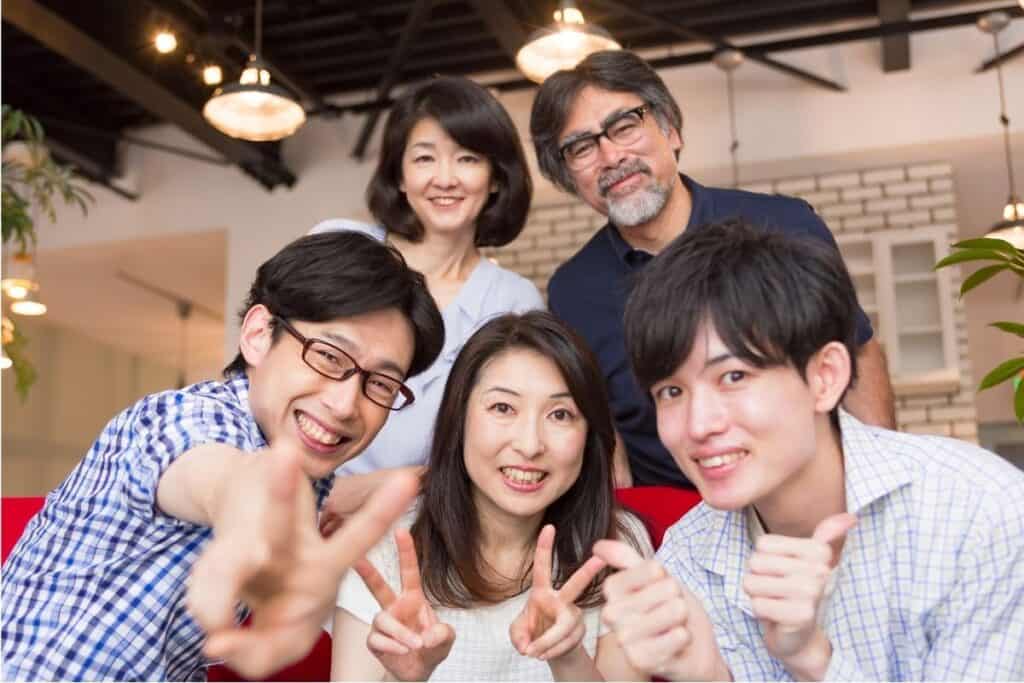
A core philosophy that believes a group of people can function more efficiently if everyone is held at the same standard and encouraged to look, present, move and experience certain basic events like everyone else.
It would not be until after the second world war that the people of Japan would celebrate birthdays for individual people on the exact date of their birth.
This was likely as a result of the events that transpired in order to westernize and as well as other military and immigrants to travel throughout Japan and vice versa during this time.
It is with that that by the 1950s Japan would adopt a plethora of foreign traditions, styles, foods, methods of entertainment, slang, and so forth through the immersion of outside cultures.
With that being said, western culture would eventually influence the people of Japan and the Japanese would only then celebrate individuals’ birthdays; let alone acknowledge them.
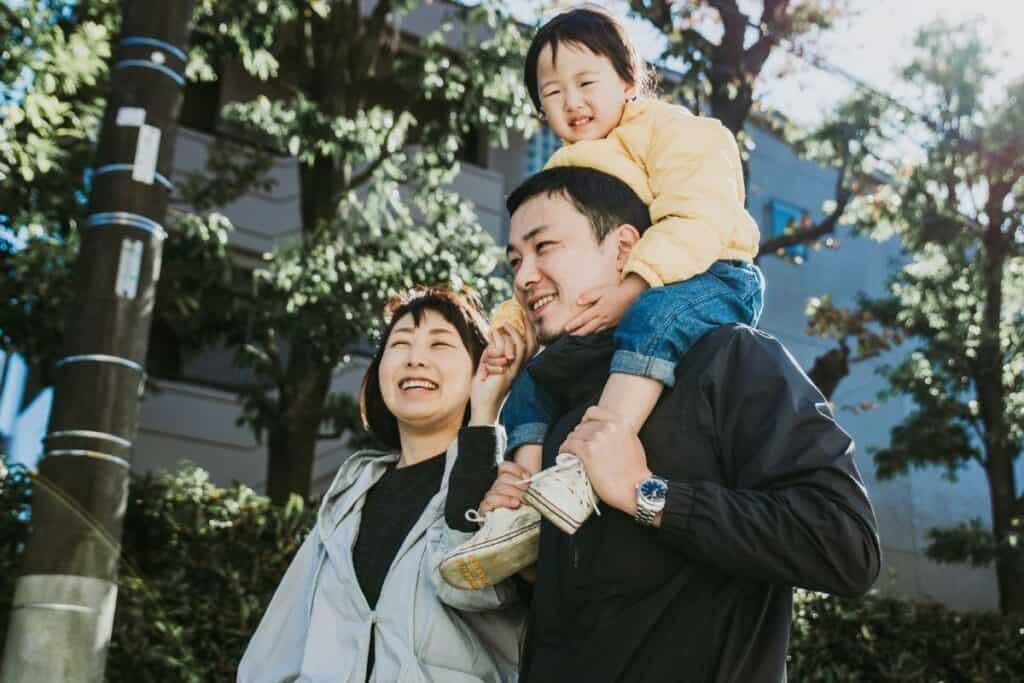
Today, it is still a tradition to make New Year a special day, especially for kids. Youth will commonly receive a gift or a sum of money to represent a sort of congratulation for getting through the year successfully.
Fun Fact: You can wish someone a happy birthday in Japanese by saying “Otanjoubi omedetou gozaimasu!”.
Celebrating Birthdays as a Child in Japan
Birthday’s as a Child in Japan:
It is very common for people to celebrate their children’s birthdays. Families with come together to assemble for the joyous occasion. Planning and organizing what is often a relatively small party with presents, balloons, cake, and even ice cream.
White Victoria Sponge cake with cream inside of it is one of the most popular birthday cakes bought for Japanese birthdays, primarily among children. Candles will be placed accordingly to the number of years the child has just turned as in the west.
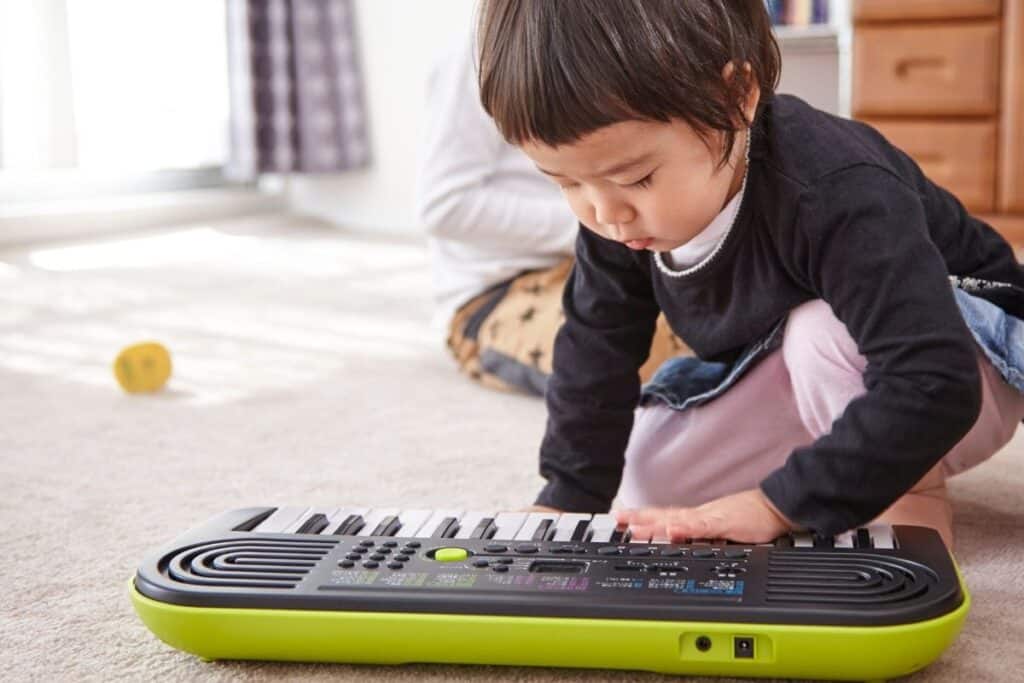
The group will turn off all of the lights so that only the flame of the candles can be seen in the darkness. Slowly approaching with a glint in their eyes; singing Happy Birthday, in English, as there is no popularized Japanese version of the song.
Just like in western culture, the child will then make a wish in secret and blow the candles out, preferably in one blow.
Whether or not the party had cost a fortune, to begin with, gifts are expected when it comes to a child’s birthday.
The First Birthday of a Child in Japan:
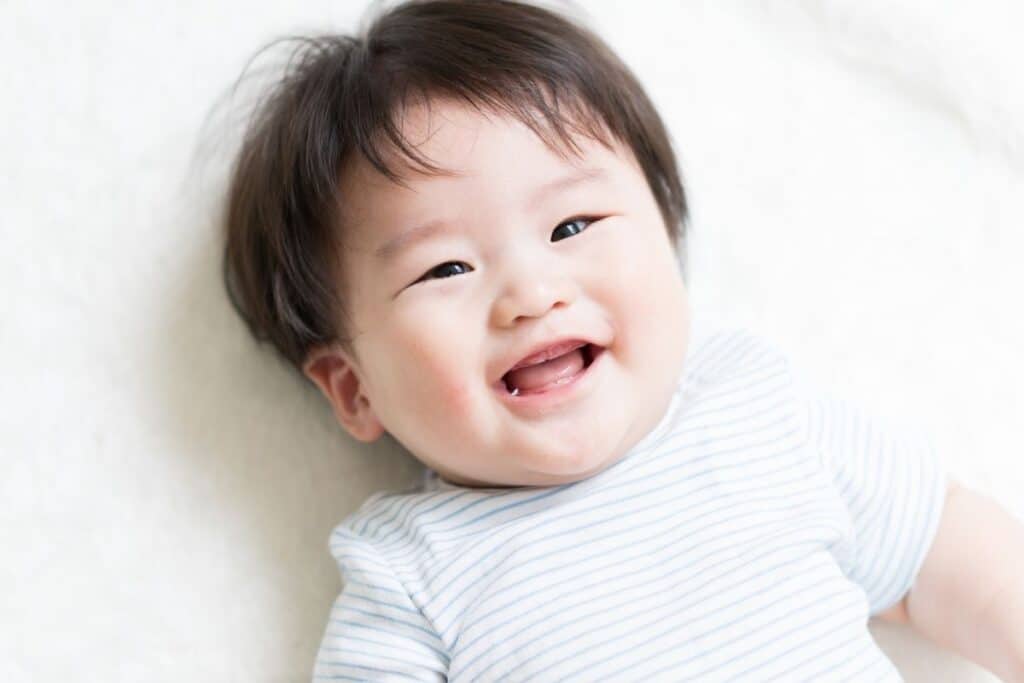
Another common tradition for a child’s first birthday is called Erabitori: the tradition of placing a select few baby-safe items and waiting for the child to crawl towards the item of their choice.
It is said that the item they choose is symbolic of who they will become and what career ventures they might peruse.
A child that chooses a mirror or lipstick might become involved in the fashion industry, whereas the child who chooses the toy money might work in the financial sector.
Celebrating Birthdays as an Adult in Japan
Birthdays as an Adult in Japan:
The fun doesn’t stop once the clock strikes midnight on your 20th birthday… Okay maybe in some aspects of your life, but not in terms of celebrating your birthday.
It is a custom for the friends and family of the birthday person to plan the party for them. They’ll cover everything: planning, organizing, setting, bills, and the progression of the day’s events.
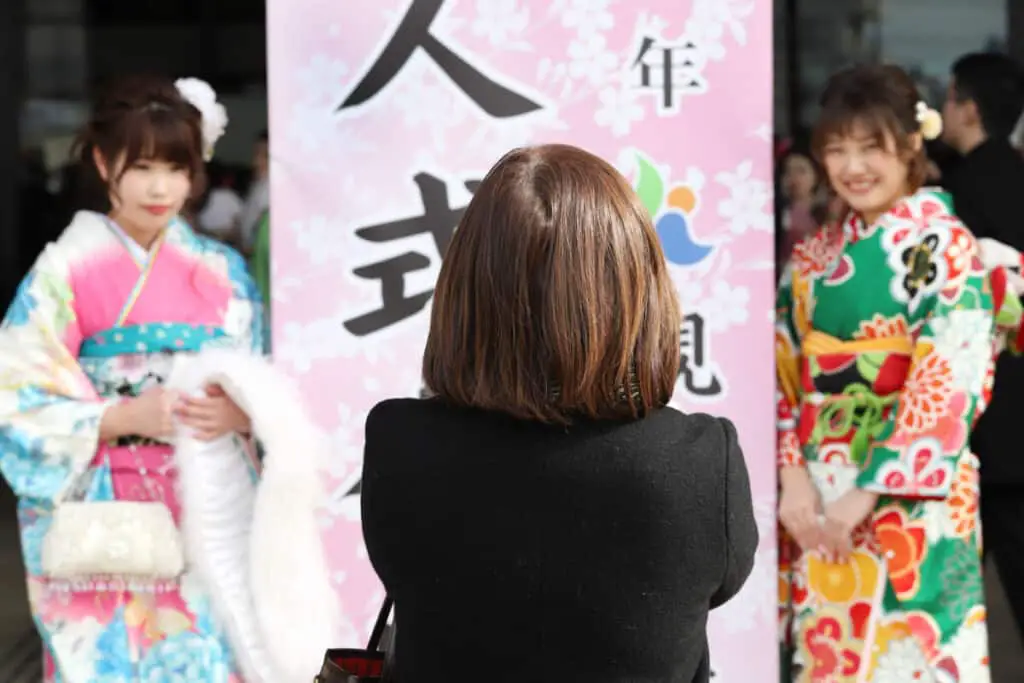
Because who would want to stress about plans or money on their own birthday? Not to mention, it becomes a part of the birthday gift for everyone to pitch in on creating the perfect birthday party.
Birthdays as a Couple in Japan:
In Japan, it is very common for couples to exclusively celebrate their birthdays with their significant others. Have a nice day out or have a romantic candle-lit dinner; having fun and living in the moment.
Don’t go thinking for a second that their credit cards would be safe from being swiped though. Japanese men and women (primarily women) will often expect a sort of gift on this day and will thus return the favor when their partner’s birthday comes around.
Cute and wearable items are most popular for couples to exchange as they are representative of affection and comfort.

Frankly, you can rarely go wrong with jewelry as not only is it a piece you can wear to have something shiny from your partner but also something fun to show off subtly to your co-workers.
Whatever you do, don’t turn up empty-handed. We as people have a tendency to take celebrations like this very seriously and the Japanese are no exception.
Just take the time to remember the big day and find something, if even a card, and they’ll surely be content.
Celebrations of Aging in Japan: New year, 7-5-3 Day and Coming of Age Day.
There are other days that celebrate the cycle of a person’s life and celebrate the aging process.
One of these events is called “7-5-3 Day”. Girls aged three and seven will participate, as well as boys aged three and five. This day is called Shichi-Go-San in Japan and is a very popular tradition.
It takes place on November 15th, every year, for those that meet those descriptions.
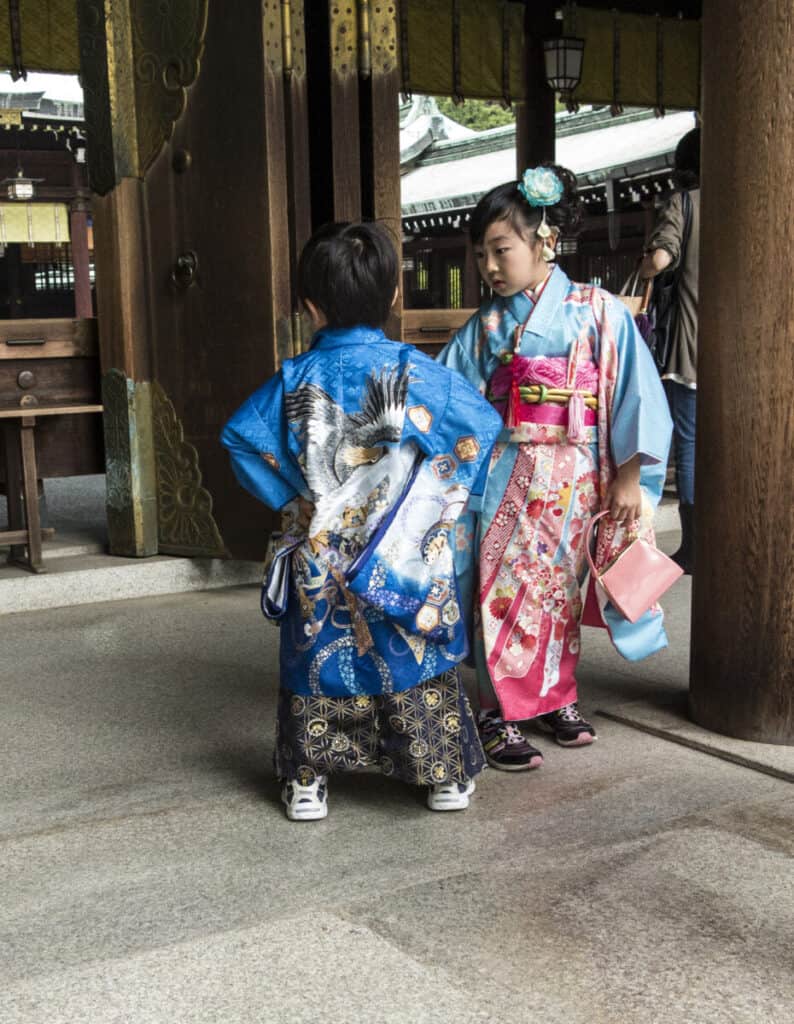
It is on this day that young girls and boys wear kimonos and pray at shrines and temples and hope for an abundance of wealth and health.
Finally, Coming of Age Day celebrates the transition between youth and adulthood. In Japan, you are officially recognized as an adult at the age of 20 years old.
This event takes place on the second Monday of January for those who are born before April 1st that are going to turn 20 that year. For those born on or after April, 2nd will celebrate it on April 2nd.
On either day, the celebrators will put on their best kimono as a woman or suit for a man and simply go into the city or town they reside in, typically spending time with friends.
Birthdays for Elders in Japan:
The 60th Birthday of an adult in Japan:
When someone turns 60 it is considered to be the end of an entire zodiac cycle. It is symbolic of the rebirth of an individual as they’d gone through the motions of many decades that correspond with completing a full spiritual cycle.
Their birthday party will be set up by their family and host this event with different attire.
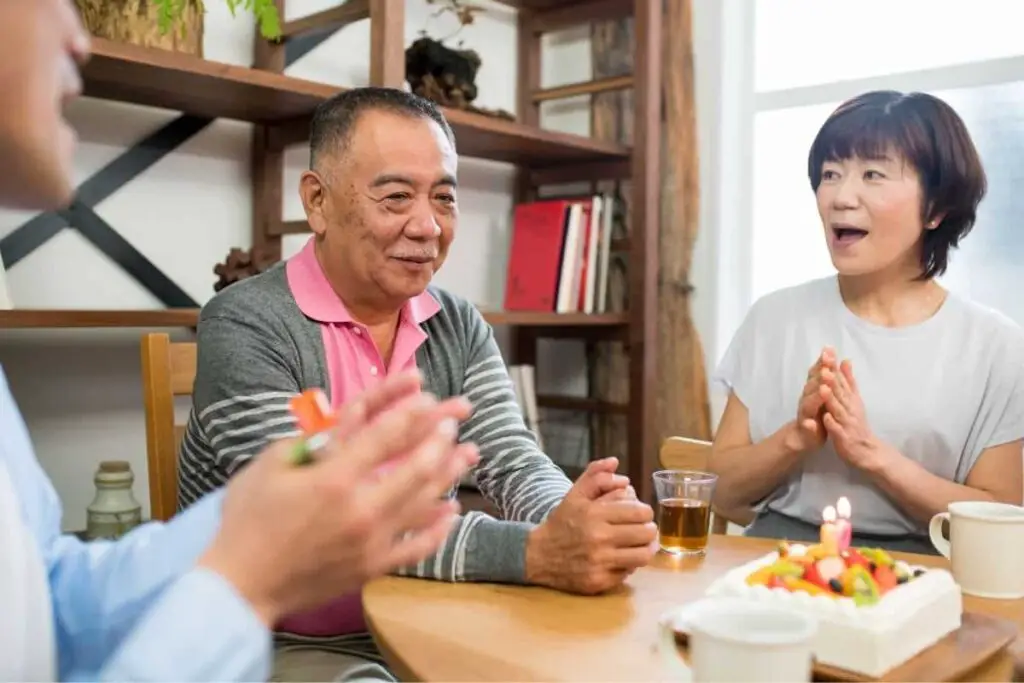
The 77th Birthday of an adult in Japan:
In Japanese culture, turning 77 is also a cause for celebration. Because this is the “joyous year” or “age of happiness.” It is a rare occurrence for someone to live to this age. It’s known as ga no Iwai, or rite of passage.
The 88th Birthday of an adult in Japan:
This birthday is recognized as “The Rice Birthday”, as a result of the number’s striking similarity to rice grains. Rice symbolizes genuine energy, good spirits, and intentions.
The 99th Birthday of an adult in Japan:
A person’s 99th birthday is often referred to as being the “White Birthday”. On this day, all those attending the event will wear white and bring gifts that are known to bring good luck and good health in Japanese spirituality and belief.










